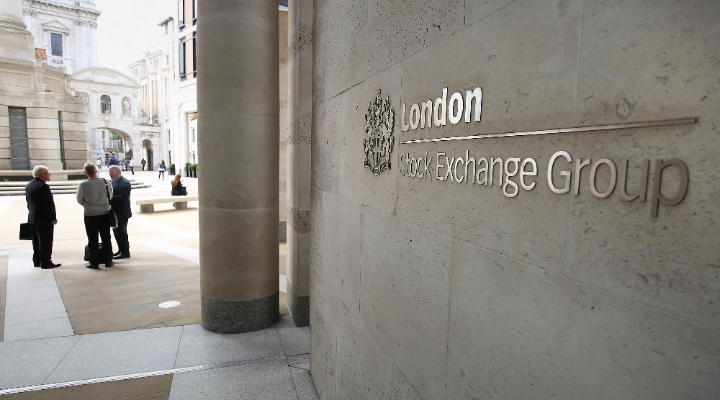
JPMorgan is to launch a real estate and infrastructure investment trust. It is the first time the fund group will offer retail investors access to alternative assets.
JPMorgan Global Core Real Assets (JARA) is set to launch on September 23 and is aiming to raise a minimum of £100 million from investors. It will invest in infrastructure, transport and real estate across the globe, with just 5% of the portfolio in the UK.
Simon Crinage, head of investment trusts at JPMorgan, says the low exposure to assets in the UK is not a call on the outlook for the country but a move to ensure the trust is differentiated from other funds that already exist.
“Investors already have access to UK assets and we don’t want to overlap with that; we want to be complementary to what already exists,” he says. Instead, around 50% of the portfolio will be in the US and a third in Asia Pacific once it is fully invested, which is expected to be within 12 months of its launch.
Alternative investments have been incredibly popular with investors in recent years because they provide diversification and a healthy income. As a result, a number of closed-end funds in the space have moved to significant premiums. Crinage says this is a sign that there is still enough demand to warrant the launch of a new product.
Morningstar analyst David Holder says: “The search for income has made illiquid alternative asset classes popular among investors, they can give you quite high levels of incomes and that has been quite a strong tailwind. They also offer uncorrelated returns – the drivers of returns are different from equities or bonds.”
Crinage adds: “What is already available is quite specialist – it tends to focus on either renewable energy assets or so-called Private Finance Initiatives, which are projects backed by government – and the more you specialise, the more risk you take on. We are aiming to be genuinely global and diversified.”
Experts typically advise waiting until a fund or trust has a track record of at least three years before investing, as this is enough time to indicate how the managers will invest and whether performance lives up to expectation. But Crinage points out that JPMorgan already invests around $75 billion in these assets through private portfolios and institutional funds, so the strategy has already been tested. Instead, this is the first time that non-professional investors will be able to access these investments through the firm.
Renewable, Residential, Retail
The portfolio will invest in these other strategies, and will have exposure to around 500 underlying assets in total. These included renewable energy assets; residential, retail and industrial real estate; transportation and logistics assets; and the shares of real estate investment trusts. It will aim to deliver a return of between 7 and 9% a year and a yield of between 2 and 3% initially, increasing to between 4 and 6% once it is fully invested. The annual management fee will be 0.98% of the trust’s net asset value, which will be reduced to 0.87% once the NAV reaches £1 billion.
Illiquid assets have been in the spotlight in recent weeks after the high-profile suspension of the Woodford Equity Income fund. The fund was forced to suspend trading after a raft of redemption requests from investors saw assets fall from a peak of £10.2 billion to £3.7 billion. With a significant proportion of the portfolio in illiquid assets such as unquoted companies, it became difficult to sell holdings quickly enough to satisfy these redemption requests.
As a result, the regulator has announced an investigation into open-ended funds and whether it is appropriate for them to invest in assets which take time to sell; it says there is a “liquidity mismatch” because funds can be bought and sold daily but assets such as unquoted companies and real estate cannot. Closed-end funds are generally said to be a better vehicle through which to access such investment because their structure means they will not be forced into a fire-sale of assets.
Crinage says: “We’re conscious this topic is in the spotlight, but I think we all agree the best format for holding these assets is through a closed-end fund. Even so, this is a long-term investment and we want people to hold it for years, even decades, not to make short-term punts.”




























